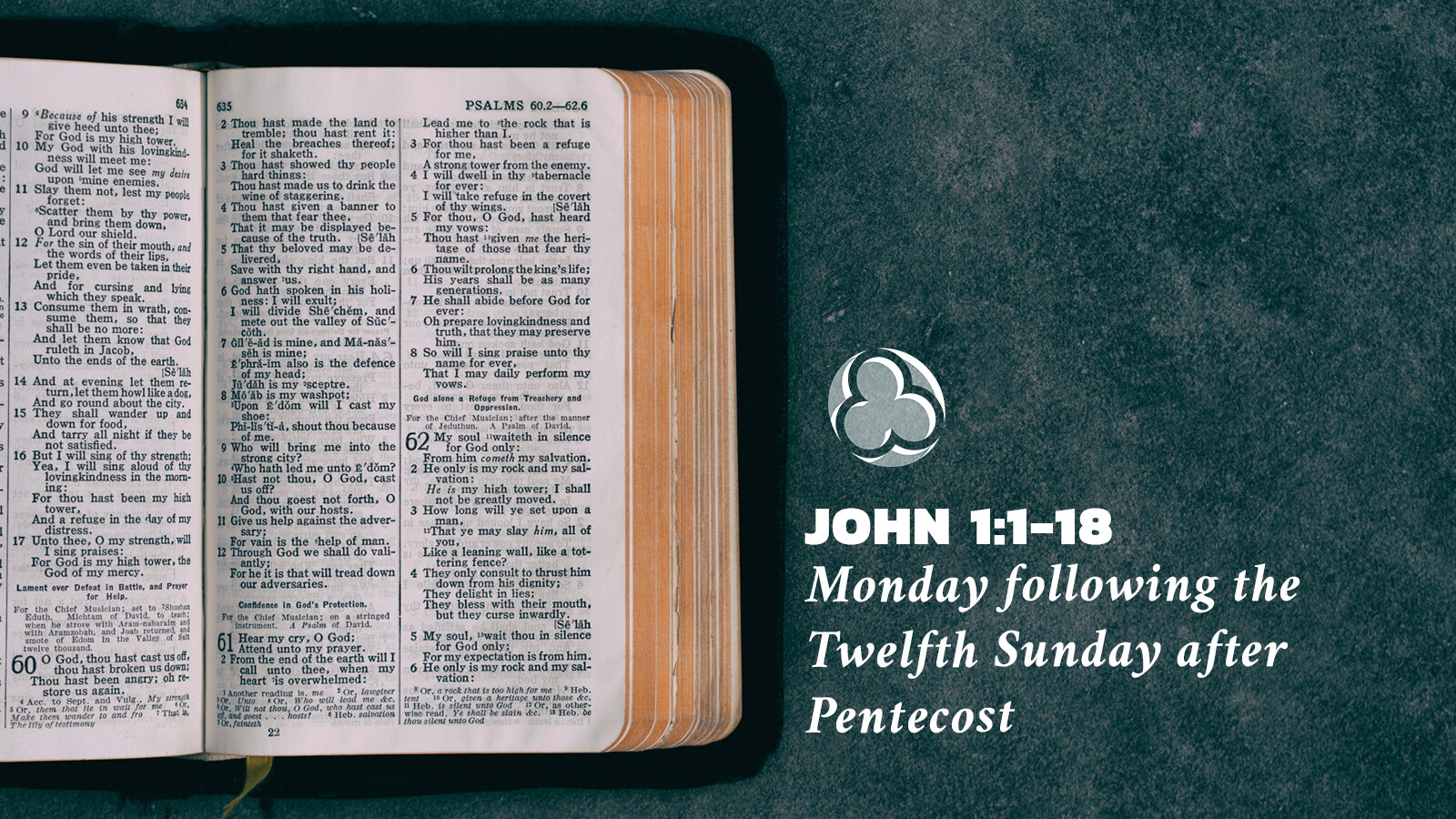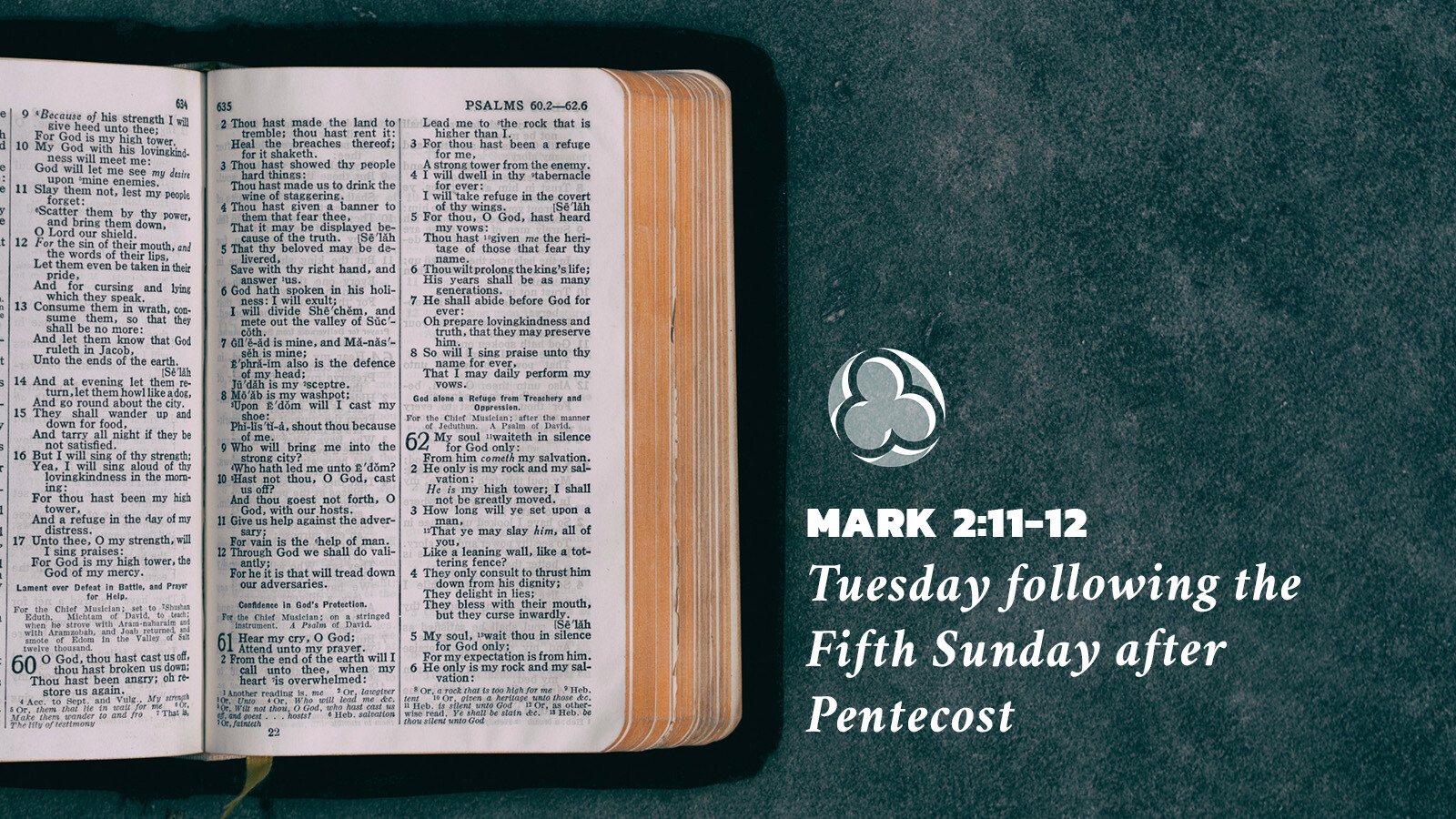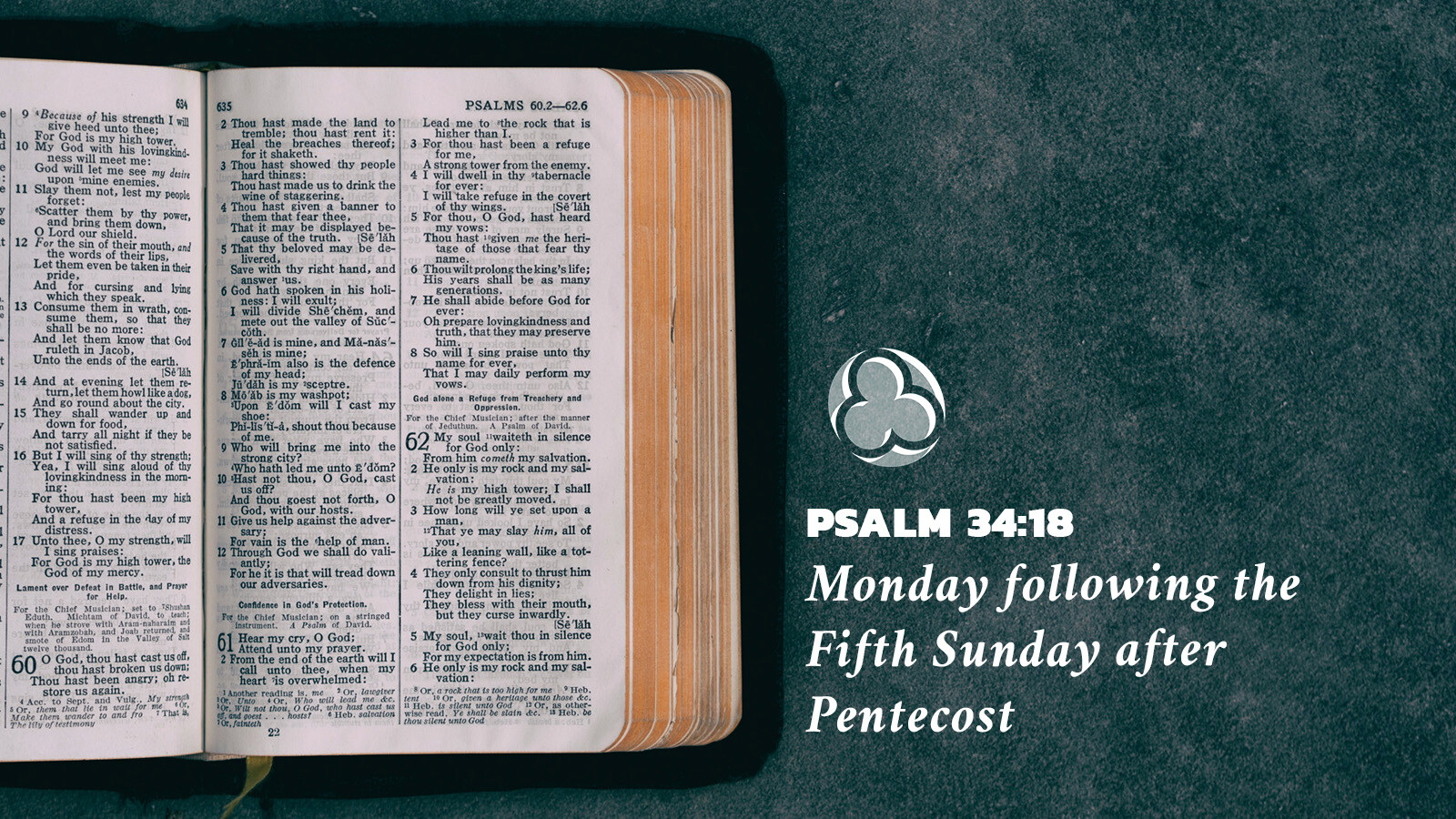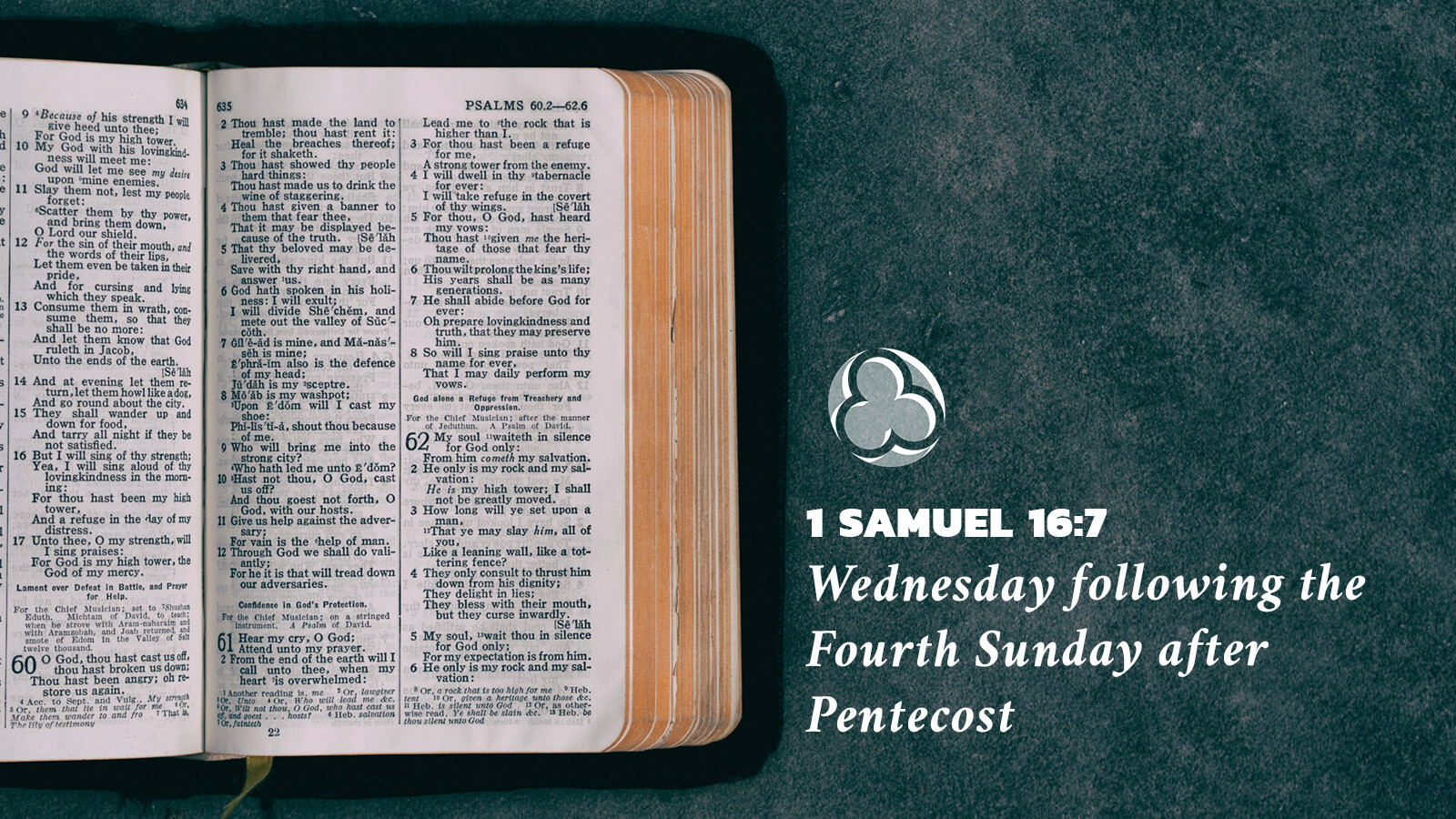
In the beginning was the Word, and the Word was with God, and the Word was God. He was in the beginning with God. All things came into being through him, and without him not one thing came into being. What has come into being in him was life, and the life was the light of all people. The light shines in the darkness, and the darkness did not overcome it.
And the Word became flesh and lived among us, and we have seen his glory, the glory as of a father’s only son, full of grace and truth. (John testified to him and cried out, ‘This was he of whom I said, “He who comes after me ranks ahead of me because he was before me.” ’) From his fullness we have all received, grace upon grace. The law indeed was given through Moses; grace and truth came through Jesus Christ. No one has ever seen God. It is God the only Son, who is close to the Father’s heart, who has made him known.
-John 1:1-18
I much prefer the Gospel of John over the synoptics, Matthew, Mark and Luke. The name John is earthy and familiar, not at all intimidating. More importantly, John’s message portrays Jesus in a manner in which I can more readily relate.
John’s Gospel says “The Word became flesh.” According to John, the word is God, and God became flesh, human and social, and lived among us. This idea of Jesus being God and living a human life is fascinating. We recite that often in Church, but John’s Gospel is the new testament introduction acknowledging Jesus as a human. Looking back, this had a profound effect on me.
Decades ago, during a difficult time in my life, I was listening in my car to a Good Friday prayer session on a Catholic radio station. A powerful feeling came over me for the first time that “they” were really going to kill Jesus that afternoon. Suddenly, Jesus became human, living among us and with us, perhaps a neighbor, just like you or me. He had been tried and found guilty and sentenced to death. What had he done as a human to require a death sentence? Forget about the merits of his trial, or who actually was responsible for the allegations against Jesus. Instead, ask what had he done? He was good, pure, charitable and forgiving, without fault. Humanity was about to execute the only perfectly good human ever to have been on earth. It was unfair for that reason alone. I could feel that human unfairness and it made me angry.
But in John’s Gospel, I do not find that Jesus believed himself to be a victim. When I had my experience on that Good Friday morning, my life had become difficult and I was filled with self-pity. Yet, here was Jesus facing a truly unfair death according to my human standards of fairness and justice. He was about to be crucified for being good. He was facing the dark, evil side of “humanness” with faith and strength. God had allowed himself to be reduced to mortal levels. And I was able to observe how Jesus reacted to these failings as God as a mortal on earth, not as God on earth.
As I drove in my car that morning, I thought of Jesus and realized how insignificant my little troubles really were. For a moment I experienced a personal connection with my higher power, Jesus, and experienced a spiritual awakening we talk about in Step 12 of the 12 Steps. I began looking at my problems in a new light. Stop blaming others for my difficulties. I learned that blaming is unproductive. It just soothes some unhealthy part of me that protects my fragile ego. Instead, I began examining my role in the problems I was facing. My troubles had been largely of my own making. Had I been selfish, self-centered, demanding more than I was due. There was certainly plenty of blame to go around, but blame only provided temporary and partial relief from my guilt. I was the one needing to change myself first, not change the blameworthy.
That Good Friday experience decades ago is not as intense as it was that day. As we say in the 12-step program, worldly clamors get in the way of our relationships, including my relation with God. If I maintain some humility and gratitude, I have chance to be happy, joyous and free. Sometimes it just takes a new pair of glasses. (quote from Chuck Chamberlin)
“And the Word became flesh and lived among us, and we have seen his glory, the glory as of a father’s only son, full of grace and truth.”
Musical Reflection - Verbum Caro Factum Est - Hans L. Hassler Harmonium Choral Society
Gracious God, remind me today that "blame is lame" and help me stop blaming myself and others for the things that go awry today. Amen.






Login To Leave Comment